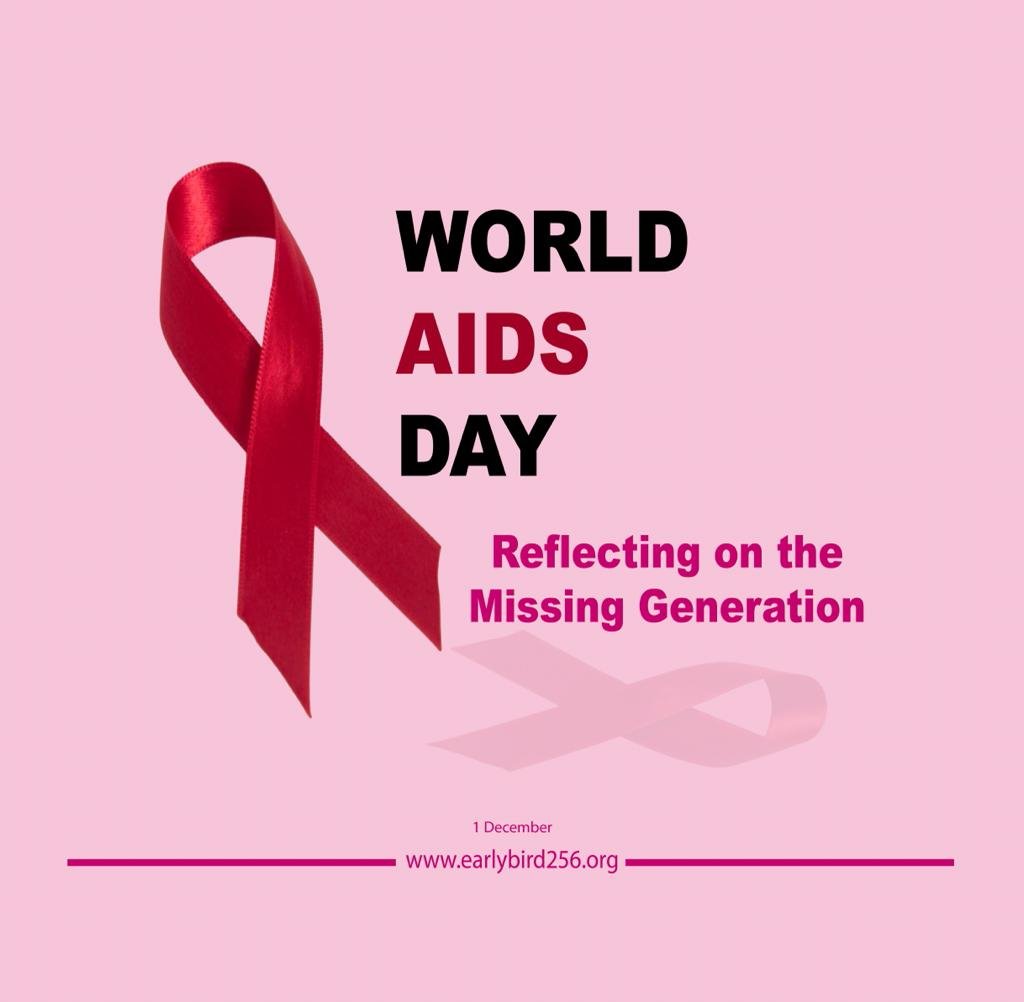World AIDS Day: Reflecting on the Missing Generation
The theme for World AIDS Day 2021 is “Ending the HIV Epidemic: Equitable Access, Everyone’s Voice.” One of the many reasons why the communities we support are suffering is because of the missing generation — the one that was wiped out by the HIV/AIDS epidemic. This missing generation included teachers, nurses, doctors, and engineers — parents that left behind vast numbers of orphans.
There are about 15 million AIDS orphans worldwide, with 80% of them located in Sub-Saharan Africa. As bad as it is now, UNAIDS’ reports estimate that the number of children orphaned by AIDS will rise dramatically in the next 10-20 years. In many of the countries that were hugely affected by AIDS, like Uganda, Zimbabwe, and South Africa, a huge gap now exists between the younger and older generations. When children are forced to raise themselves, it becomes much harder for them to make progress and break the cycle.
Many of these orphans live in child-headed households, where a child (under the age of 18 years) takes charge of the decision making, as well as providing for the physical, social, and emotional needs of others in the household, regardless of familial relationship. Most children who lead their households do so because they don't have any other option. This keeps them from going to school and having a normal childhood.
Those who don’t live in a child-headed household are sometimes raised by grandparents. The number of grandparent caregivers in Uganda is very high, with violent conflicts and a lack of medical care constantly creating more orphaned children. These selfless caregivers were forced to bury their children and raise their grandchildren, and we need to do everything we can to make sure they have access to the resources they need.
EarlyBird256 is dedicated to supporting the children of Uganda and helping them change the future of their country. We advocate safe spaces where they can find education and resources that address the mental health issues they face, including trauma from parental loss and the social stigma around their situation. By learning proper health and wellness practices, they will be better equipped to face the challenges that lie ahead of them. The safe spaces also give communities affected by the epidemic a chance to grieve, heal, and move forward together.
How You Can Help:
Doing Little Things for Grandparent Caregivers
